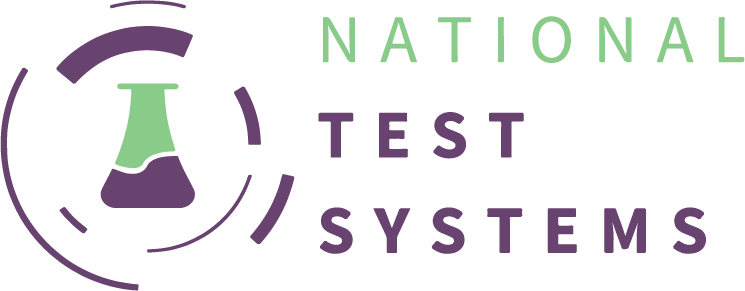COVID-19 Testing
Top quality testing options with top quality customer support.
Types of Tests
There are two types of tests – Diagnostic and Antibody. Diagnostic tests are able to show if you have a current infection with SARS-CoV2, which is the virus that causes COVID-19. Antibody tests can show you if your body has produced a response to an infection but should not be used to diagnose a current infection.
Antibody Tests
Antibody tests looks for antibodies that are made by your immune system in response to a threat, such as a specific virus. Antibodies can help fight infections. Antibodies can take several days or weeks to develop after you have an infection and may stay in your blood for several weeks or more after recovery. Because of this, again, antibody tests should not be used to diagnose an active coronavirus infection.
Diagnostic Tests
Antigen tests that detect specific proteins on the surface of the virus can be used to detect a current infections. Molecular tests, such as RT-PCR tests, can also show a current infection by detecting the virus’s genetic material and is another type of Diagnostic Test. Samples for COVID-19 diagnostic tests are typically collected using an anterior nares (nasal) swab sample. Some diagnostic tests use mid-turbinate, nasopharyngeal, oropharyngeal, or saliva samples. COVID-19 diagnostic tests can be performed at a laboratory, a standalone testing site, a doctor’s office or health clinic, or at home.
Differences in Testing Methods
Other Names
Antibody
Serological test, serology, blood test, serology test
Antigen
Rapid diagnostic test
*Some molecular tests are also rapid tests
Molecular
Diagnostic test, viral test, molecular test, nucleic acid amplification test (NAAT), RT-PCR test, LAMP test
Sample Collection
Finger stick or blood draw
Nasal or throat swab
Nasal or throat swab (most tests)
Saliva (a few tests)
Results
Same day (many locations) or 1-3 days.
One hour or less.
Same day (some locations) or up to a week.
Secondary Confirmation
Sometimes a second antibody test is needed for accurate results.
Positive results are usually highly accurate but negative results may need to be confirmed with a molecular test.
This test is typically highly accurate and usually does not need to be repeated.
Diagnosis
Shows if you’ve been infected by coronavirus in the past.
Diagnoses active coronavirus infection
Diagnoses active coronavirus infection.
Limitations
Will not diagnose active coronavirus infection at the time of the test or show that you do not have COVID-19.
Will not definitively rule out active coronavirus infection. Antigen tests are more likely to miss an active coronavirus infection compared to molecular tests. Your health care provider may order a molecular test if your antigen test shows a negative result but you have symptoms of COVID-19.
Will not show if you ever had COVID-19 or were infected with the coronavirus in the past.
Speak with an Expert
Call: 1-(866) 989-9300
Contact us
Call Us
1-866-989-9300
Email Us
info@ntsbiz.com
Our Location
550 NW 77th Street
Boca Raton, FL 33487
